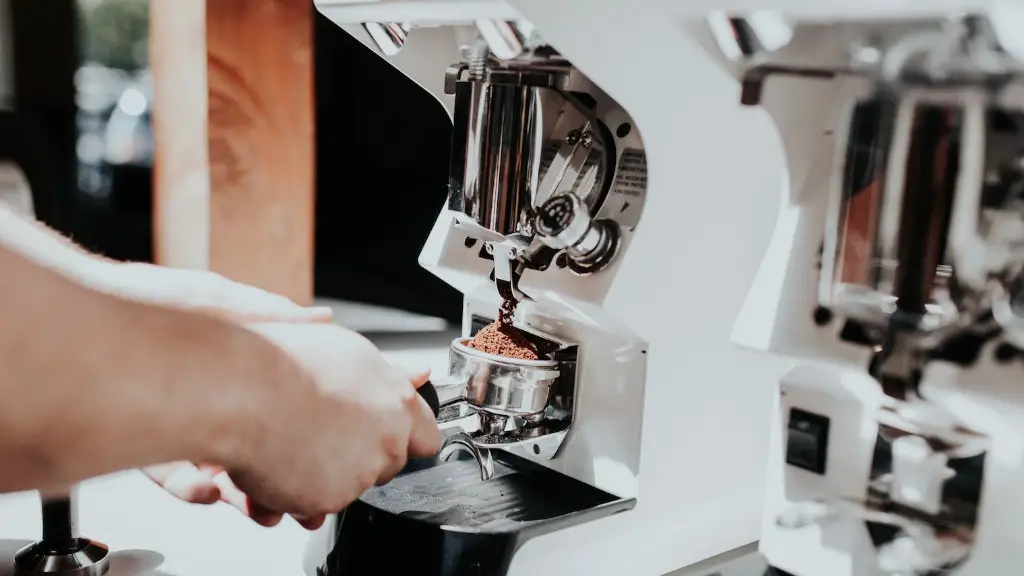Health benefits of caffeine
Caffeine is the most widely used psychoactive drug in the world, and can be found in beverages such as coffee, tea, energy drinks and soda. Caffeine stimulates the central nervous system, which can improve concentration and alertness. It can also provide temporary relief from fatigue and boost physical performance. Some studies have suggested that it may also have therapeutic benefits for certain health conditions.
The World Health Organization (WHO) states that moderate caffeine consumption of up to 400 milligrams per day is considered safe for adults, although this can vary based on individual tolerance. The amount of caffeine in a single cup of coffee can vary significantly, with most cups containing between 70 to 140 milligrams.
How drinking coffee affects fasting
There are many different forms of fasting, including intermittent fasting and religious fasts. With regards to coffee consumption during fasting periods, this can depend on the specific protocols, personal beliefs and goals of the individual.
Some individuals may wish to drink caffeinated beverages during fasts to stave off hunger and fatigue, while others may prefer to abstain from any form of stimulation for religious or spiritual reasons.
If an individual decides to consume coffee during a fast, it is important to consider how this might affect their overall fasting experienc. As caffeine can stimulate the central nervous system, this can lead to increased hunger and feelings of restlessness, which could interfere with the fasting process.
A moderate approach to fasting
For individuals undertaking intermittent fasting or other forms of dietary restriction, it is advised to take a moderate approach and to avoid excessive consumption of caffeinated beverages or other stimulants. This is especially advisable during lengthy fasting periods, as caffeine can further decrease feelings of satiety and hinder overall fasting goals.
In addition, individuals with pre-existing medical conditions or those on certain medications should consult with their healthcare providers before making decisions about fasting or associated dietary restrictions.
In general, taking a moderate and balanced approach that respects personal beliefs and takes individual needs into account is a great way to ensure safe and successful fasting results.
Expert opinion
Registered dietitian Louise Grossi recognizes the importance of taking an individualized approach when it comes to fasting and coffee consumption.
“Consuming coffee during fasting periods can be a personal preference, but it is important to consider how this might interact with the individual’s overall fasting goals,” she says.
Grossi goes on to explain, “Moderation is key, as overconsumption of caffeinated beverages or other stimulants can interfere with the fasting process. It is important to view this on a case-by-case basis and to take individual health and beliefs into account.”
Individual preference
Many individuals opt to consume coffee while fasting as it can provide beneficial stimulatory effects and help to ward off feelings of hunger and fatigue. On the other hand, some individuals may prefer to maintain a strict fast or abstain from caffeine consumption due to religious or spiritual beliefs.
Ultimately, it is up to the individual to decide whether or not to drink coffee while fasting, and to ensure that this fits with their overall goals and preferences.
Alternatives to coffee
If an individual chooses to abstain from coffee consumption during a fast, there are several non-caffeinated alternatives that can help provide energy and support the fasting process. Non-caffeinated herbal teas are a great choice, as many of them are full of beneficial vitamins and minerals.
Kombucha and sugar-free sparkling water can also help to keep the individual hydrated and quench their thirst during fasting. Plus, there are a number of supplement options available, including specialized fasting products that can ensure the individual is getting all their necessary vitamins and minerals while they fast.
Fasting state effects on caffeine
During fasting periods, the body is in a state of energy restriction, which can affect the way that caffeine is metabolized and regulated in the body. As such, it is important to consider individual tolerance and make sure that caffeine consumption is in accordance with the chosen fasting protocol.
Studies have also shown that caffeine can reduce feelings of hunger and potentially improve energy levels and mental clarity during extended fasting periods. Therefore, some individuals may opt to consume caffeine during fasting as part of their overall strategy for success.
Short-term risks of caffeine
In excess of the recommended 400 milligrams of caffeine per day, caffeine can become a potential health hazard and lead to negative side-effects such as anxiety, headaches and insomnia. Therefore, it is important to monitor caffeine intake and make sure it is staying within the recommended guidelines.
It is specifically important to be mindful of caffeine consumption during fasting periods, as fasting can significantly increase the chance of experiencing negative side-effects.
Hormonal changes
Caffeine has a direct effect on hormonal levels, including the hormones cortisol and insulin. High levels of cortisol can interfere with the overall fasting goal, while high levels of insulin can result in a sharp increase in blood sugar followed by a rapid decrease.
Therefore, it is advised to be mindful of caffeine intake during fasting periods, as this can interfere with hormonal balance and potentially hinder the fasting process.
Levels of Stress
Caffeine can increase levels of the hormone cortisol, which can lead to increased feelings of stress. During short-term fasting periods, increased levels of cortisol can lead to feelings of dizziness, nausea and fatigue.
Therefore, it is important to consider how caffeine consumption might interact with the individual’s stress levels. If levels of stress are too high, it is advised to abstain from caffeine and to focus on stress-reducing strategies such as mindfulness and deep breathing.
Complex effects of caffeine
Caffeine can have complex effects on the body and mind, and is especially potent during fasting periods. As such, it is important to take individual needs and goals into account when making decisions about fasting and coffee consumption.
In general, moderation and balancing individual beliefs are important considerations for determining a safe and successful fasting experience. Taking these variables into account can help ensure that individuals are able to achieve their desired outcomes with minimal risk of potential negative side-effects.


